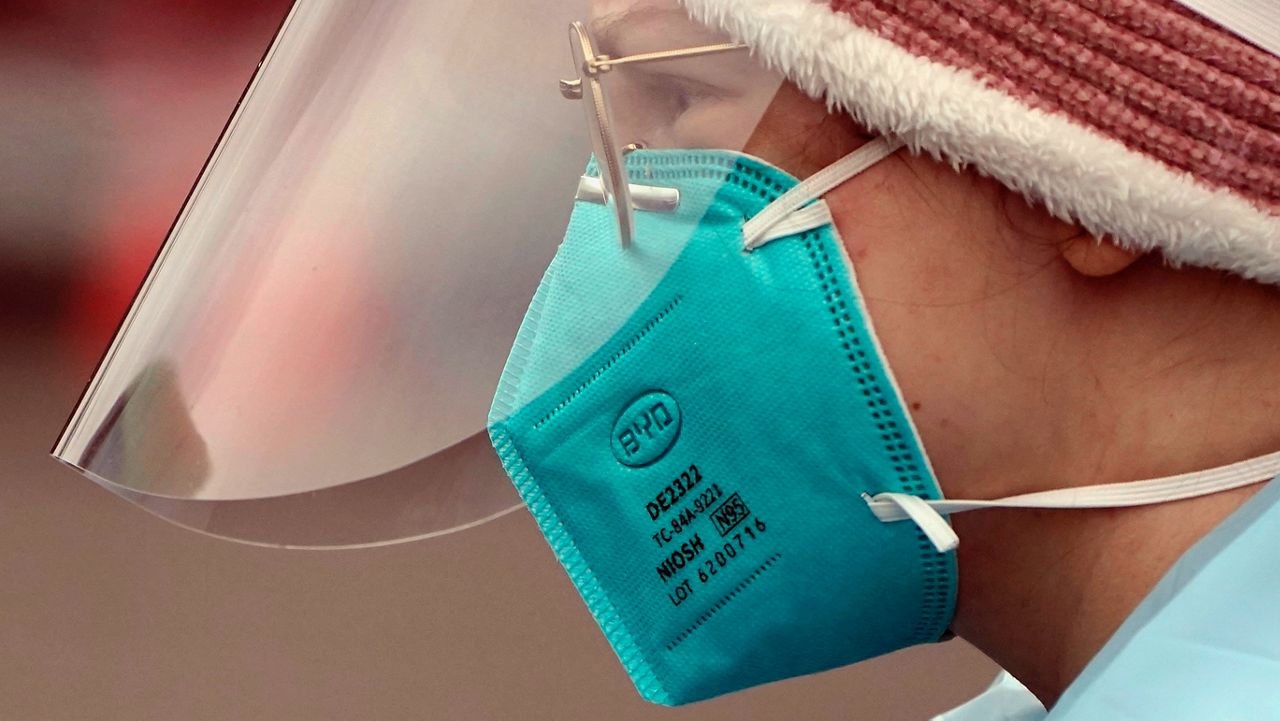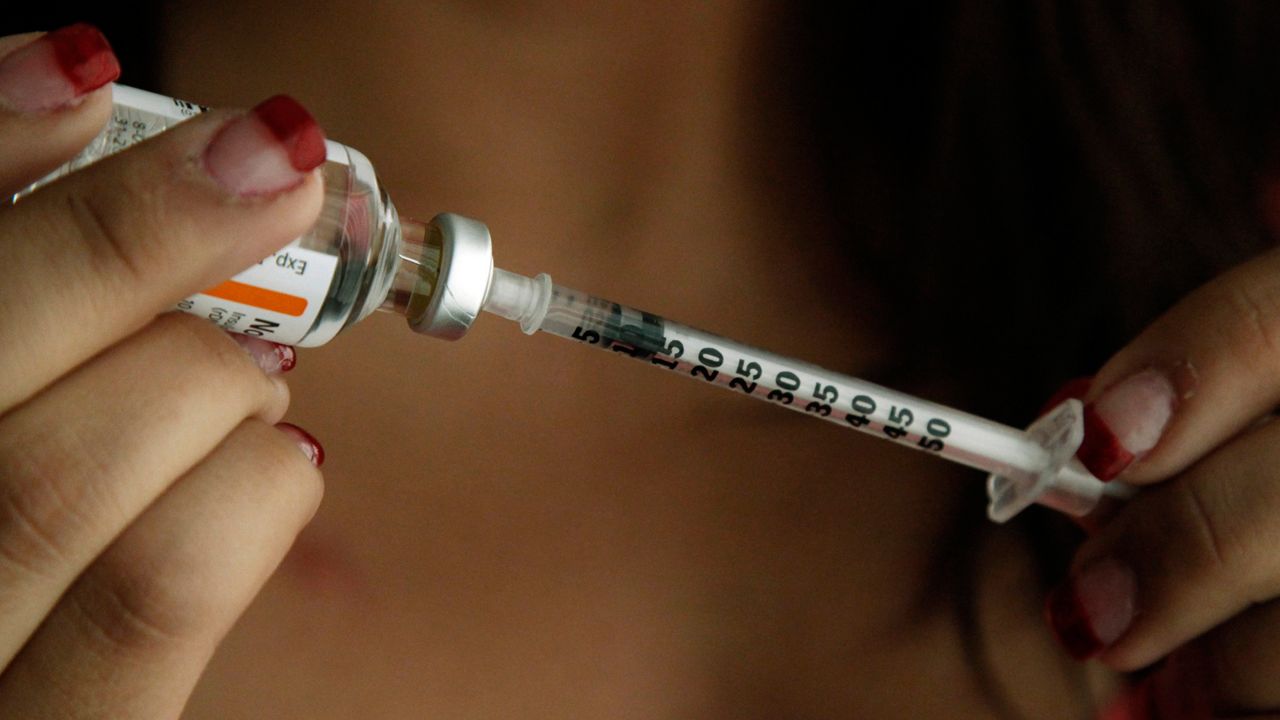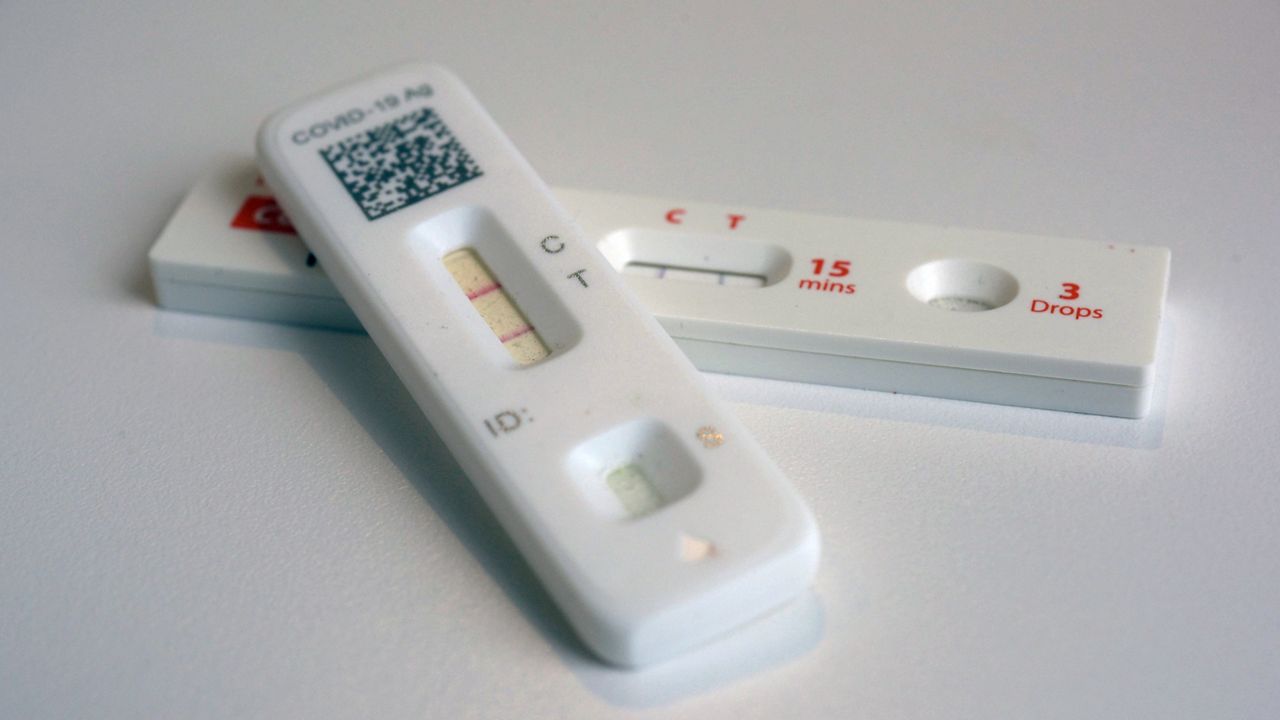With COVID-19 cases on the rise again, New Yorkers are trying to figure out what precautions they should take and what comes next with the more transmissible BA.2 variant.
Denis Nash, a distinguished professor of epidemiology at the CUNY School of Public Health, joined Shannan Ferry and Rocco Vertuccio Sunday to break it all down
“This is expected. We should always be concerned because we’re still in the middle of a pandemic,” Nash said, citing reduced restrictions and the new variant as contributing factors to the increase in cases. “Our governments are expecting us as individuals to do more to control the pandemic because government restrictions are becoming less and less.”
At-home tests and New Yorkers testing less in general also means the data available from the public healthcare system is less reliable when testing was not as readily available, Nash said.
“It’s hard to know exactly what’s going on today,” Nash said.
Nash warned about the dangers of long COVID and the continuing threat to those with comorbidities or immunodeficiencies, encouraging anyone with symptoms to take steps to protect others.
“There is a very real risk of long haul COVID, which isn’t talked about much, but is in my view a real reason to avoid getting COVID these days,” Nash said. “We still don’t know much about it in terms of the risk that people may have of long COVID even if they’re vaccinated.”
Nash also discussed lessons learned from the Omicron surge, antivirals, and how the warm weather could help limit the damage of the current rise in cases.






_PKG_CENTRAL_PARK_HOSP_CG_133817001_3232)


